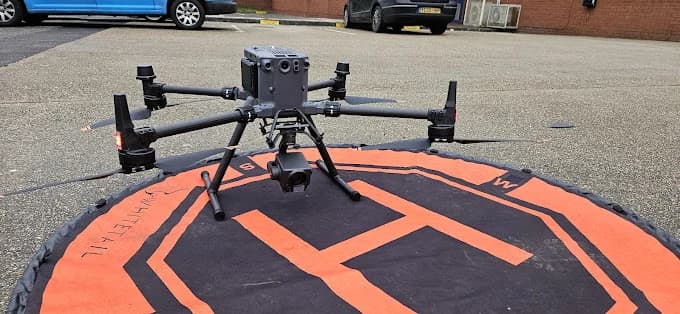
As a professional drone pilot, I understand the frustration a rogue drone can cause. But I also know the UK drone laws inside and out, and taking matters into your own hands is the worst thing you can do.
You might be tempted when a drone hovers over your private property in the UK, but before you reach for any weapon, you should understand the serious legal consequences you'll face.
Shooting down a drone isn't just frowned upon—it's strictly illegal.
The law protects these devices in ways you might not expect, so what options do you actually have?
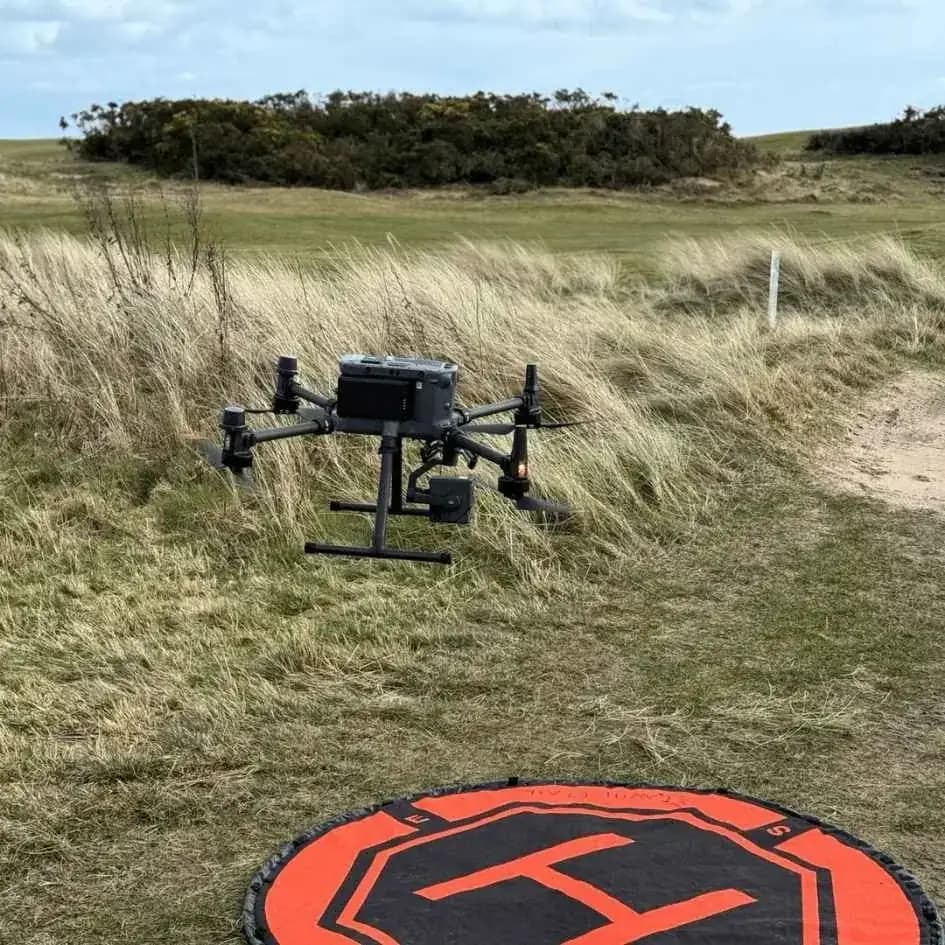
30 Second Summary
- Shooting down a drone in the UK is illegal under the Criminal Damage Act 1971, punishable by up to 10 years imprisonment
- Drones have dual legal protection as both personal property and aircraft under UK law
- Damaging a drone could lead to criminal damage charges and additional offenses under the Aviation and Security Act
- Report problematic drones to local police or the Civil Aviation Authority instead of taking personal action
- Only authorized law enforcement agencies have legal powers to disable or seize drones under specific circumstances
It is illegal to shoot down a drone in the UK as it is classed as criminal damage
Shooting down a drone in the UK is strictly prohibited under criminal damage laws. If you destroy or damage someone else's property—including their drone—you're committing a criminal offense.
The Criminal Damage Act 1971 clearly covers drones as property, regardless of whether they're flying over your land.
You could face up to three months imprisonment and/or fines if the damage is valued under £5,000. For damage exceeding that amount, you might face up to ten years in prison.
Additionally, you might be charged with firearms offenses if you use a gun to shoot down the drone. The drone operator could also pursue a civil case against you for the cost of their damaged equipment—and believe me, the drone cost for professional-grade models can be thousands of pounds.
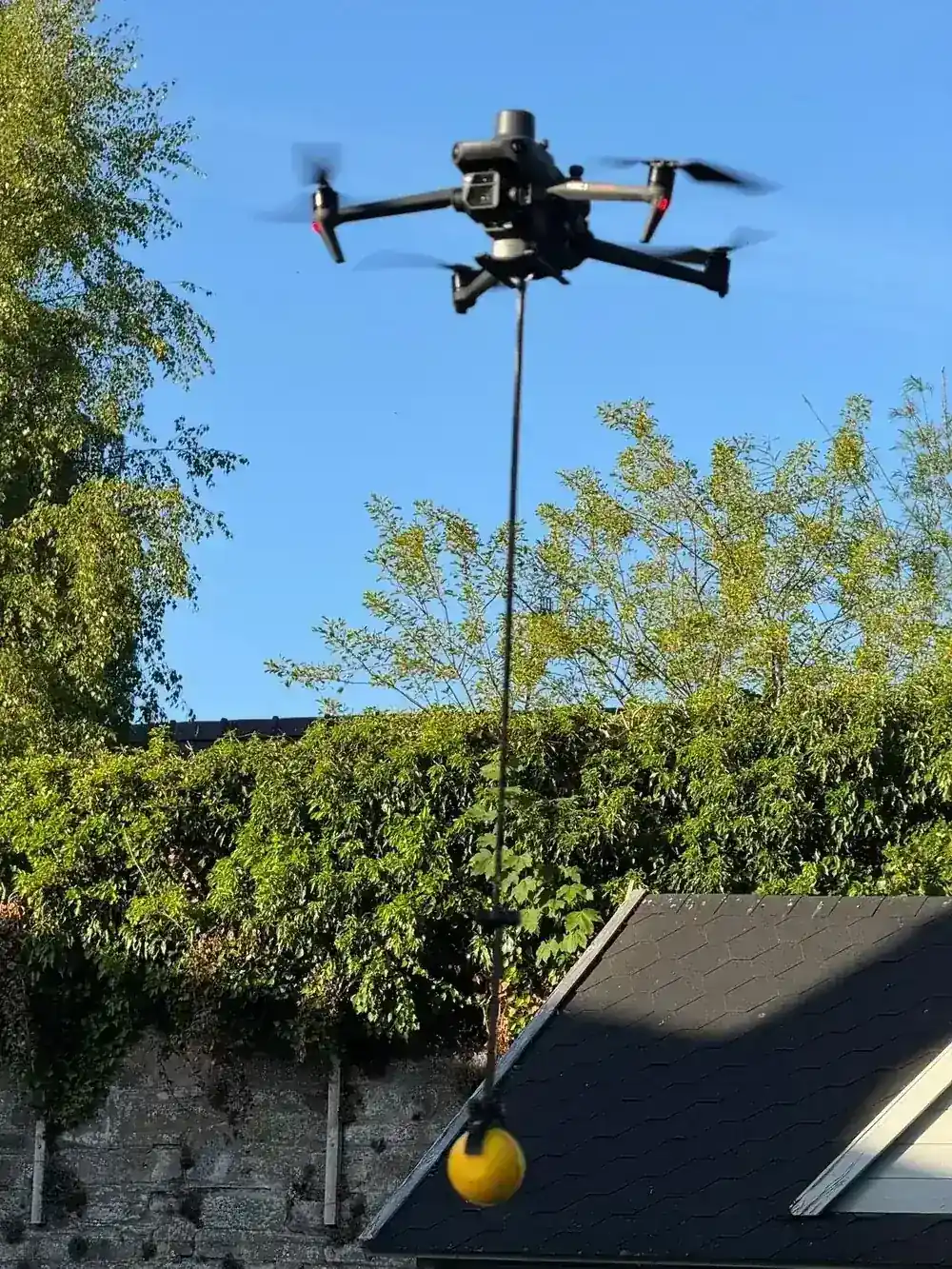
Drones are protected under property damage and aviation safety laws
Drones in the UK receive double legal protection that makes interfering with them particularly risky.
First, they're classified as personal property, meaning any damage you cause to someone's drone could result in criminal damage charges under the Criminal Damage Act 1971.
Additionally, drones are protected under aviation legislation. The Air Navigation Order 2016 classifies drones as aircraft, regardless of their size.
It’s a point I always stress during training: the moment it leaves the ground, it's treated as an aircraft with all the legal protection that entails.
This means shooting down or interfering with a drone's flight path could constitute endangering an aircraft—a serious offense carrying penalties of up to five years in prison.
Even if a drone is hovering over your property and seems intrusive, you don't have the legal right to damage it. Instead, you should report suspicious drone activity to the police.
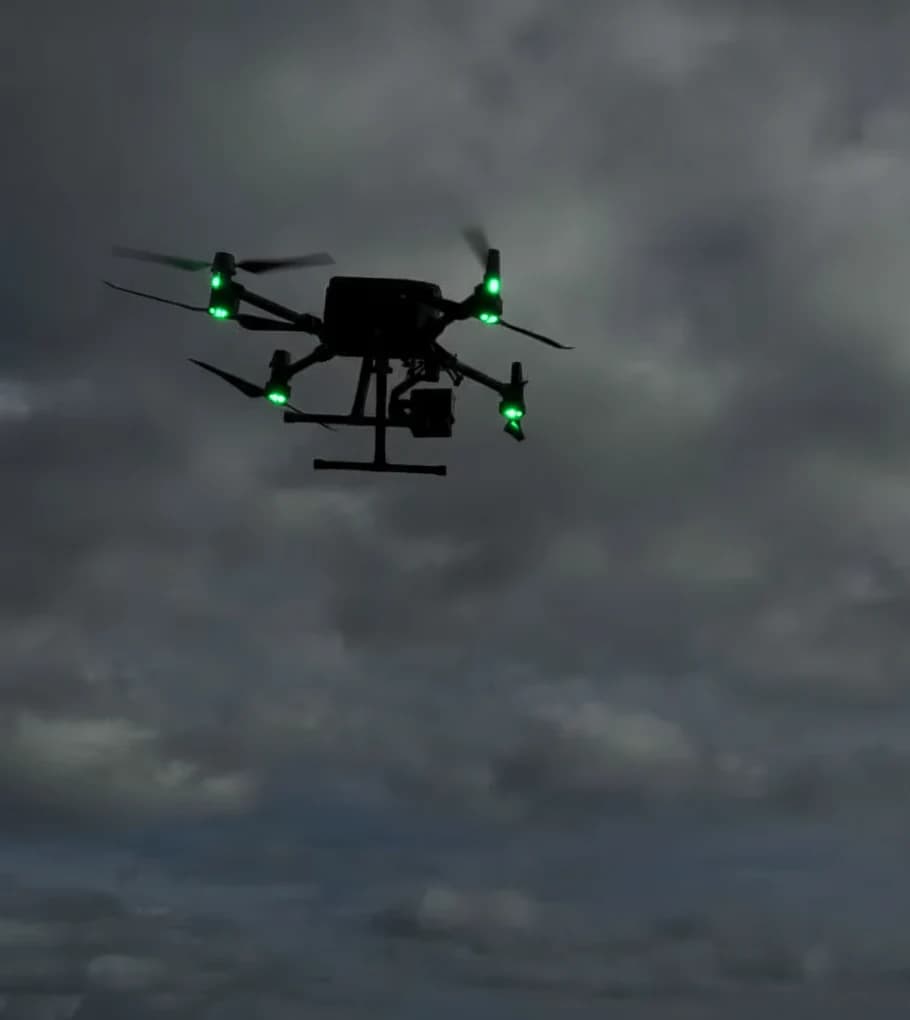
Shooting down a drone can lead to prosecution, fines, and possible imprisonment
While it might seem tempting to take action against an intrusive drone, the consequences of shooting one down in the UK can be severe.
If you shoot down a drone, you'll likely face prosecution under the Criminal Damage Act 1971. You could also be charged under the Aviation and Security Act 2001 for endangering aircraft safety.
The Civil Aviation Authority may pursue additional penalties.
Even if the drone was trespassing, your response must be proportionate—destroying property isn't considered reasonable.
From a drone pilot's perspective, while I would never fly irresponsibly, I also know that a momentary GPS glitch can happen. A destructive response is never the answer.
Financial penalties often include hefty fines plus compensation to the drone owner.
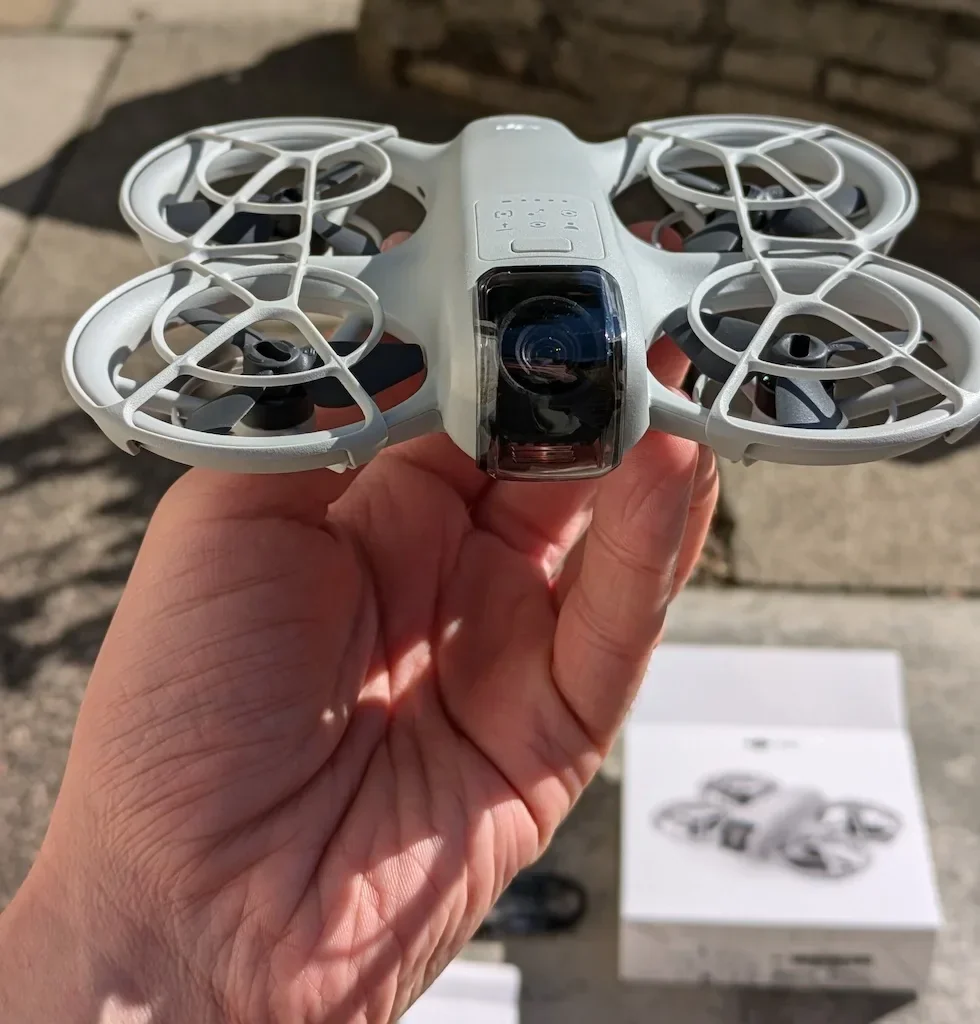
Only approved legal methods, such as contacting the police or CAA, can be used to stop a drone
Instead of taking matters into your own hands, you should rely on authorized channels. The UK has established legal protocols for handling nuisance or suspicious drones.
Your first step should be contacting local police if you believe a drone presents an immediate safety threat or privacy violation. For less urgent situations, report the incident to the Civil Aviation Authority (CAA).
The CAA can investigate breaches of drone regulations, including flying too close to people or property. They'll need details about the drone, its flight pattern, and the operator if visible.
Remember that commercial drone operators must follow the Drone Code, and legitimate enforcement action can only be taken by authorities. It's the only professional way to handle it.
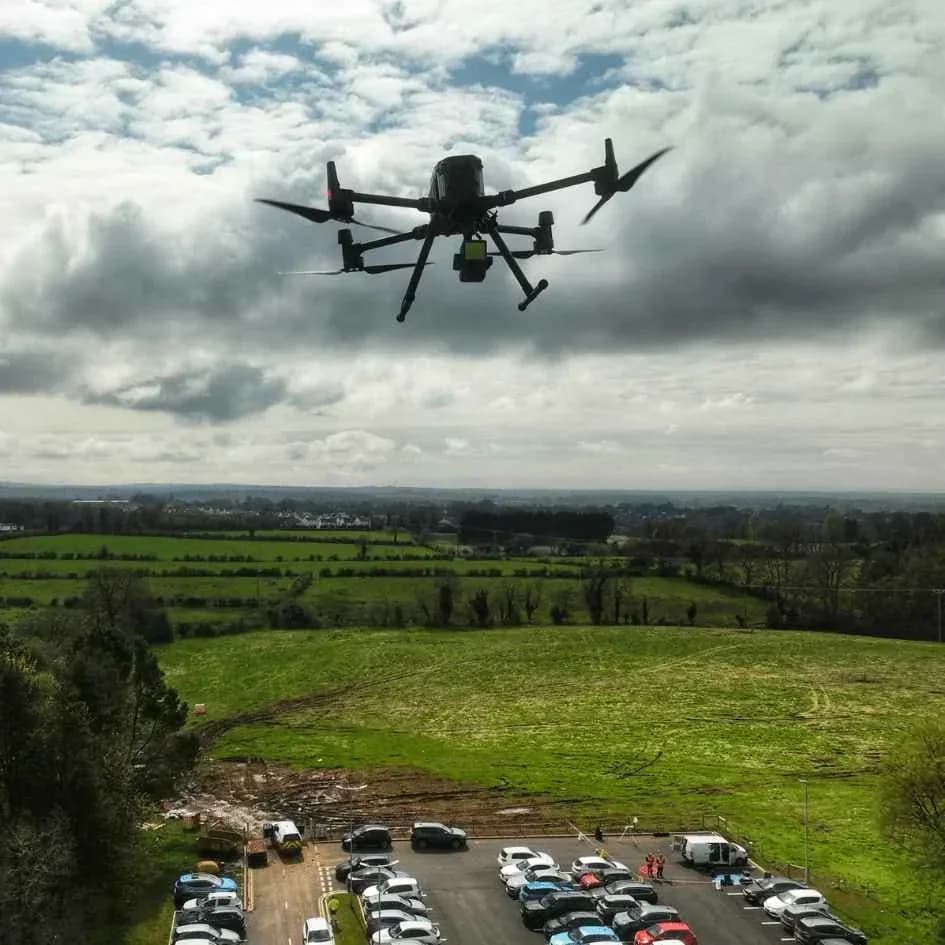
Law enforcement may disable drones in specific authorised situations for safety or security reasons.
The UK government has granted specific powers to law enforcement agencies to legally disable drones when necessary.
Under the Air Traffic Management and Unmanned Aircraft Act 2021, police can use technology to disrupt drone signals or seize devices when they pose security risks.
Officers may take action when drones threaten critical infrastructure, prisons, airports, or public events.
I've seen these counter-drone measures at large events, and they are highly sophisticated pieces of technology used by trained professionals only.
They might employ jamming technology, net guns, or interception drones. Remember that these powers are strictly limited to authorized personnel in specific circumstances.
Legal vs. Illegal Responses to an Unwanted Drone
Your Action | Legal Status | Potential Consequence |
|---|---|---|
Shooting or physically damaging the drone | Illegal | Criminal damage charges, fines, imprisonment. |
Using a signal jammer | Illegal | Fines, imprisonment (under the Wireless Telegraphy Act 2006). |
Confronting the drone operator aggressively | Risky/Illegal | Could lead to public order offenses or escalation. |
Photographing/videoing the drone | Legal | Provides evidence for a report. |
Reporting to the police (101 or 999) | Legal & Recommended | The correct procedure for potential law-breaking. |
Reporting to the CAA | Legal & Recommended | For breaches of aviation regulations (e.g., flying too high). |
How to Legally Report a Problematic Drone: A Step-by-Step Guide
If you encounter a drone that you believe is being flown illegally or is invading your privacy, here is the exact process I would follow and recommend instead of taking matters into your own hands.
Assess the Situation: First, determine the nature of the issue. Is the drone causing an immediate danger to life or property (e.g., flying erratically near a crowd)? Or is it a nuisance and privacy concern (e.g., hovering outside a window)?
Gather Evidence (If Safe): Note the time, date, and location. If you can do so safely from your property, take a photo or short video of the drone. Note its appearance, size, and any distinctive features.
Do Not Confront the Operator: While you can try to spot the drone operator from a distance, you should never confront them directly. This can lead to conflict and escalate the situation.
Contact the Right Authority:
Call 999: If the drone is posing an immediate danger to life.
Call 101: For all other non-emergency situations, such as privacy violations or harassment. This is the most common and appropriate action.
Report to the CAA: If you witness a clear breach of aviation rules (like flying well above the 400ft limit in a non-threatening way), you can file a report with the CAA after the event.
Provide Clear Information: When you make a report, provide the police with the date, time, location, a description of the drone, and any evidence you have collected.
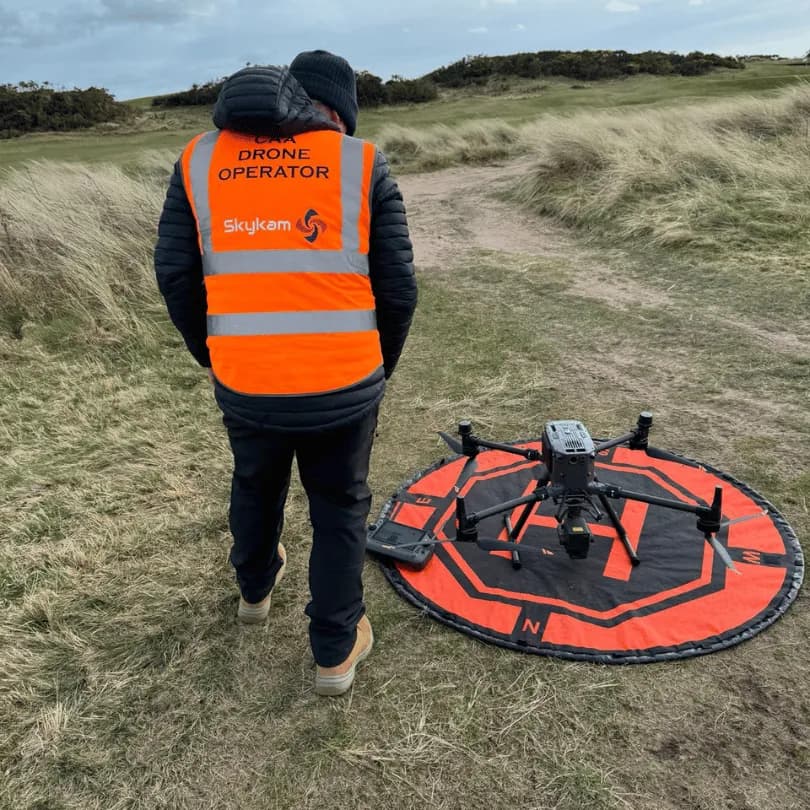
Understanding Aerial Trespass and Privacy in the UK
A common point of confusion is the difference between trespass on the ground and in the air.
While a person cannot enter your garden without permission, the law regarding the airspace above your property is more complex. In the UK, a landowner's rights to the airspace are generally restricted to a height necessary for the 'ordinary use and enjoyment' of their land.
This means a drone simply flying over your property at a reasonable height (e.g., 200ft) is not automatically committing trespass.
However, if that drone is hovering low, peering into windows, and deliberately recording you, it crosses a line from simple passage to a potential act of harassment or a breach of privacy.
It is this intrusive behaviour, not the simple act of flying over, that the law is primarily concerned with.
This is a crucial distinction we learn when getting our GVC; we're taught that respecting privacy is just as important as following aviation law.
Frequently Asked Questions
What Non-Lethal Technologies Can Legally Disable Unwanted Drones?
You can legally use signal jammers, GPS spoofers, or electromagnetic pulse devices to disable unwanted drones, though regulations vary. Net guns and drone-catching drones offer physical capture options.
Counter-drone detection systems alert you to intrusions. Always check your country's specific laws before deployment, as unauthorized drone disruption may violate telecommunications regulations.
Can I Use Signal Jammers to Stop Drones Flying Over My Property?
No, you can't legally use signal jammers in the UK. They are illegal as they interfere with legitimate communications and could affect emergency services.
Using them carries severe penalties. If you're concerned about a drone, contact local police or the Civil Aviation Authority.
What Privacy Laws Protect Me From Drone Surveillance?
In the UK, you're protected by the Data Protection Act 2018 and UK GDPR if drones record identifiable footage of you.
The Civil Aviation Authority's Drone Code requires drone operators to respect privacy. You're also covered by laws against harassment. If you believe a drone is invading your privacy, report it.
How Close Can a Drone Legally Fly to My Home?
In the UK, drones can't fly within 50 meters of your home, unless they have permission from you. This distance extends to 150 meters for large gatherings or built-up areas.
If you're concerned about a drone flying too close, report it to the police or the Civil Aviation Authority.
What Compensation Can I Claim if a Drone Damages My Property?
If a drone damages your property, you can claim compensation for repair costs and related expenses.
You'll need to identify the drone operator and prove they were negligent. File a claim with their insurance, or pursue legal action. Document everything to strengthen your case.
Conclusion
You can't legally shoot down a drone in the UK, even if it's flying over your property.
If you do, you're risking criminal charges for criminal damage and aviation offenses, with penalties including hefty fines and up to 10 years imprisonment.
Instead, you should report illegal drone activity to the police or the Civil Aviation Authority.
Trust me, reporting it is the only professional way to handle it, and it's the one that protects you, not the irresponsible drone operator.
About the Author

Written by
Peter Leslie
Peter Leslie is a CAA-approved commercial drone pilot with 10+ years experience and over 10,000 flight hours. He holds the GVC and A2 CofC drone licences with full CAA Operational Authorisation. Peter is a member of ARPAS-UK, the UK's non-profit trade association for the drone industry. He founded HireDronePilot to connect UK businesses with qualified, insured drone operators.
Looking for More Drone Work?
Join the UK's leading network of professional drone pilots and grow your business.
Open Access
Bid on any job - all jobs open to all pilots
Grow Revenue
Access high-value commercial projects
Stay Busy
Fill your schedule with regular work
Related Articles
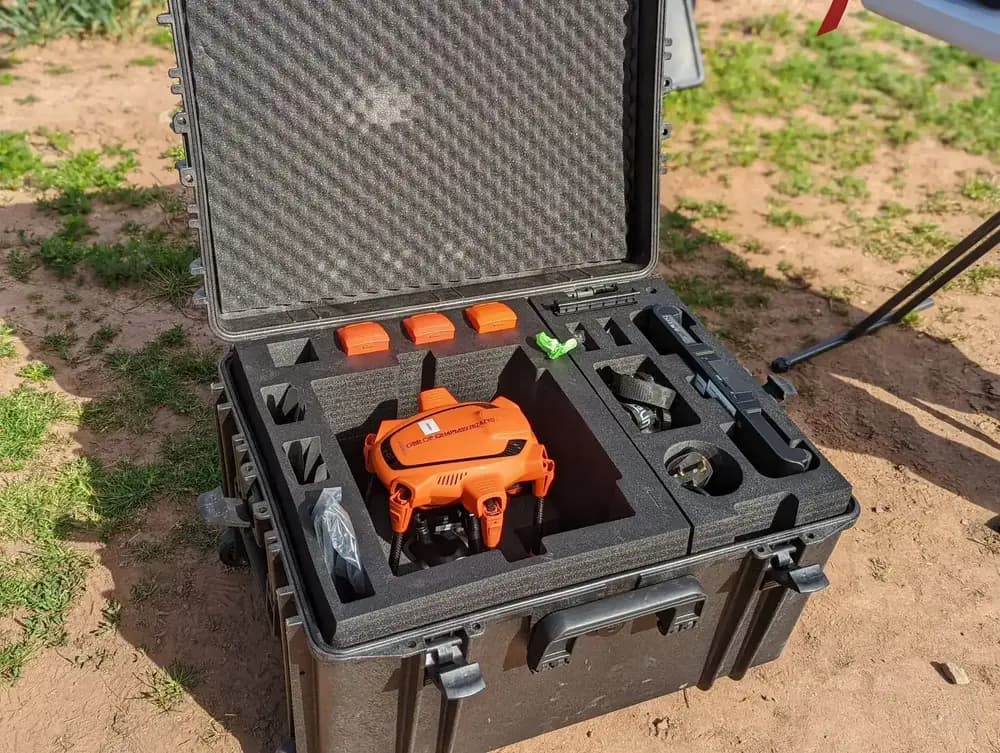
Our Drone Survey Service In Stirling, Scotland
Bringing you Stirling drone survey data from areas no one else can fly.

How Much Does A Drone LiDAR Survey Cost
Forecasting your drone LiDAR survey cost requires understanding what's hidden beyond the initial quote.
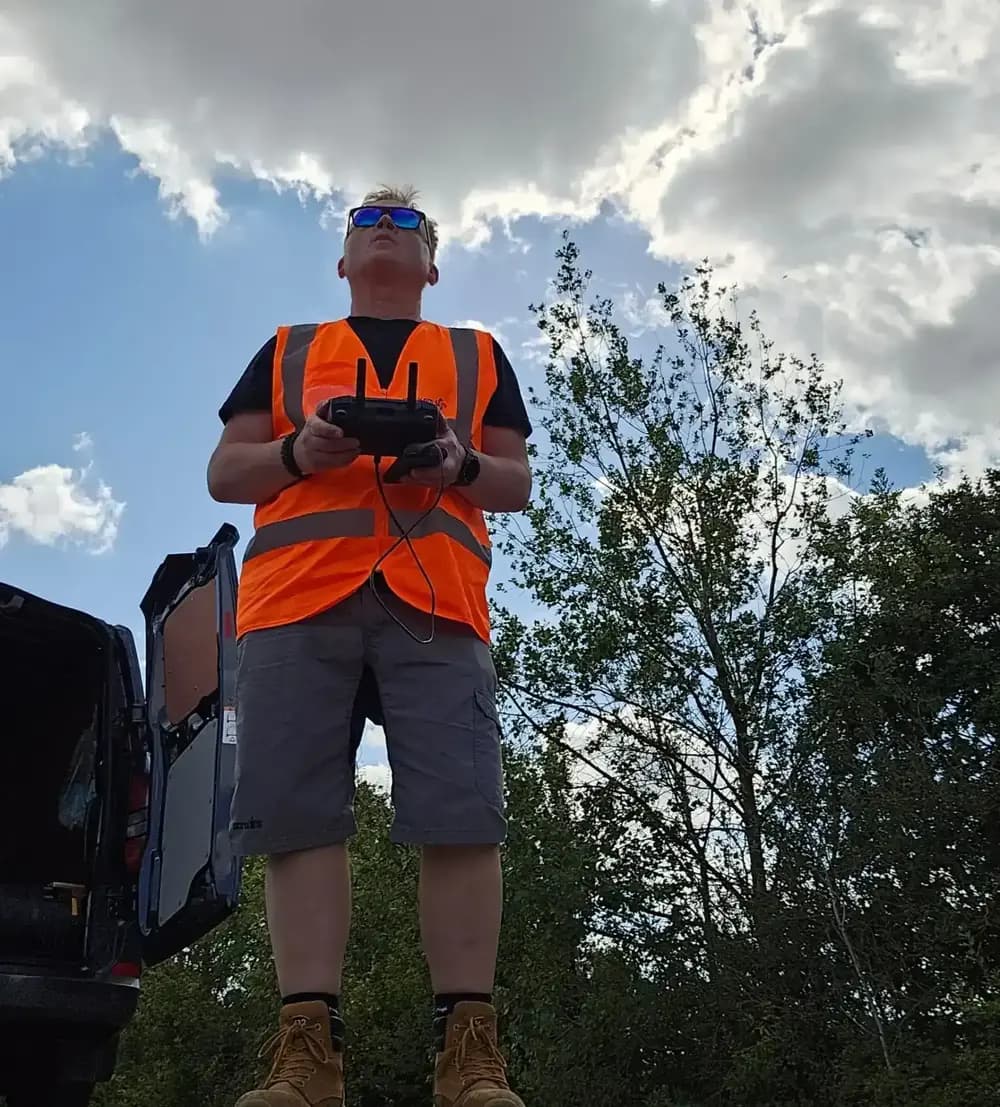
Step By Step Process Of Drone LiDAR Survey
Next, discover the crucial post-flight steps that determine your survey's success.
